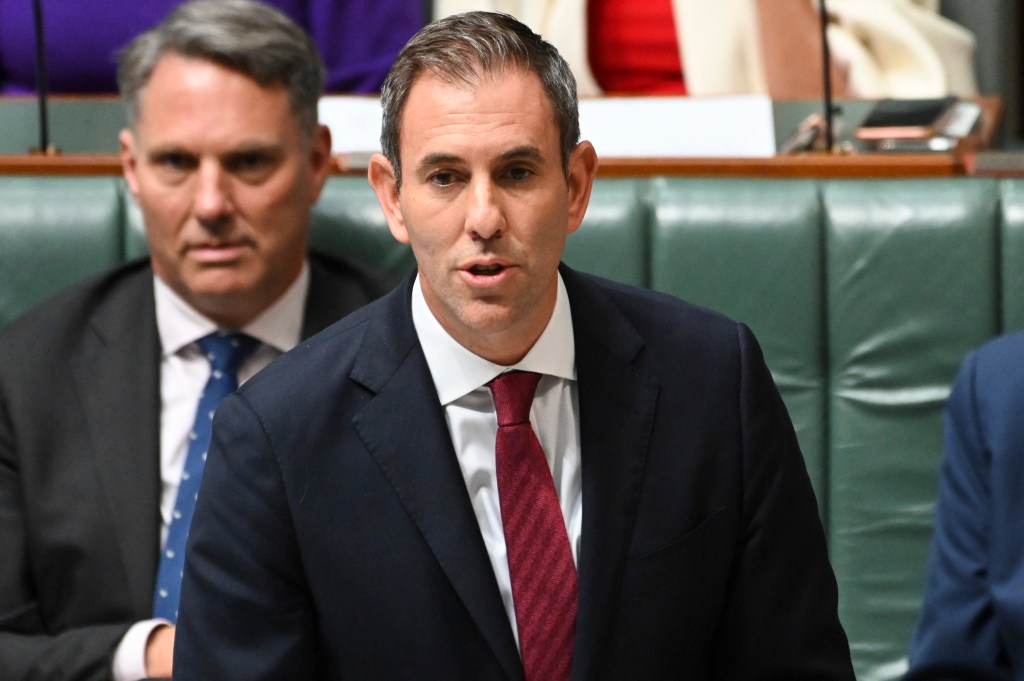The Federal Budget had some hits and misses for SMEs and startups this year: here’s what you need to know.

While the Labor Government and its supporters are celebrating a significant and deserved win today – announcing the first Federal Budget surplus ($4.2b) since 2007 – there are mixed reviews on what it means for SMEs and start-ups.
The major wins for SMEs
- A $20,000 instant asset write-off for small businesses with annual turnover below $10 million will be in place from 1 July 2023 to 2024.
- A new Small Business Energy Incentive will also be introduced, providing businesses with turnover less than $50 million with a bonus 20% tax deduction for eligible depreciating assets up to $100,000 for energy saving upgrades.
- The Budget will also provide $23.4 million to support small businesses to build resilience to cyber threats. This includes the CyberWardens Program: a cyber awareness, education, and accreditation program designed by small businesses for small businesses.
- Industry Growth Program to renew the approach and support for small to medium business to commercialise ideas and grow business.
- Cashflow assistance through reducing the GDP uplift on PAYGI & GST instalments.
- Government expenditure and initiatives on infrastructure, Housing, “Buy Australia Plan” and defence: provides flow on support into small business suppliers.
- Additional funding to Productivity, Education and Training Fund, to support engagement and practical activities in relation to workplace reforms.
SMEs are regarded as the “lifeblood” of the Australian economy, accounting for around 99% of all enterprises, and the challenges they have faced over the past few years have been unprecedented. From a global pandemic and national lockdowns to rising cost of living pressures, high inflation and rising interest rates – the pain has been real.
The Federal Government acknowledged the impact of cyber threats, providing a $23.4 million program to support SMEs to “build resilience” against cyber attacks.
Industry body, the Council of Small Business of Australia (COSBOA), described the place of SMEs in the budget as: “not on the sideline, not in the spotlight”. COSBOA Chair, Matthew Addison, says while the budget acknowledges the role that SMEs play in the wider economy, here is a need for “greater focus on empowering them, promoting entrepreneurship and providing enhanced reasons to commence and remain in business”.
However some businesses are critical of some Budget measures. Huon Hoogester, MD of solar company Smart Commercial Solar says the $310 million Small Business Energy Incentive “will be wasted on businesses that could already afford to spend that extra money,” as the vast majority don’t have spare cash to spend on non-core business items in the current climate.

“Forgive my skepticism…but 95% of small businesses are not the ones that have the spare cash to be spending on non-core business items at this point in time. So, this money will be wasted on businesses that could already afford to spend that extra money and who are already doing something.
“This cash won’t stimulate new markets and it’s a relatively small amount of money when you consider there are 2.4 million small businesses in Australia, most of them people in cars and utes. Even so, that equates to less than $130 each,” Hoogester said.
Thomas Fu, founder and executive director of Motor Culture was also skeptical of the level of support for business, saying “for the most part SMEs have been left to fend for themselves in a time of immense economic uncertainty”.
“The renewable energy super power scheme seems to be the only area of support for small businesses which, while encouraging from an environmental perspective, requires significant capital investment from start-ups during trying economic times,” Fu says.
COSBOA says areas for improvement in the budget include extending the eligibility for “full expensing” for equipment ordered but not yet installed, the mandating of “least cost routing” or lower debit card transaction fees, mandating e-invoicing, appointing a Small Business Commissioner to Job Skills Australia and further investing in training and skills development.
“To ensure that small businesses in Australia are not left behind and continue to thrive, it is essential that government continue its collaboration with industry associations who represent small and micro business,” Addison says.
Forbes Australia issue no.4 is out now. Tap here to secure your copy or become a member here.
Look back on the week that was with hand-picked articles from Australia and around the world. Sign up to the Forbes Australia newsletter here.



